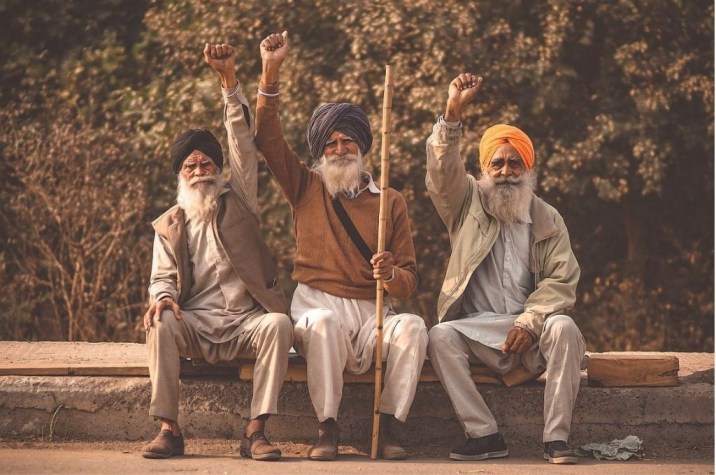Our societal challenges are large, complex, and tend to grow much faster than our individual ability to solve them. How do we match the simultaneous need for speed, scale and sustainability? How do we solve for dynamic and complex issues rapidly, and yet respond to their diversity, context and relevance?
Large-scale societal challenges call for a new approach and way of thinking that enables rapid sustainable development—a societal platform approach is what we need.
Societal platforms are open, technology-enabled ecosystems that provide ‘co-creation’ spaces where innovators can design, develop and build a wide array of solutions. They engage an open network of execution partners—from government institutions and entrepreneurs to nonprofits and individual citizens—to deliver these solutions viably in a rapid, scalable manner.

The goal, essentially, is to align the needs of all segments of the society and harness the capabilities of digital technologies by de-monopolising scarce resources and making them available freely as public goods.
The goal is to align the needs of all segments of the society and harness the capabilities of digital technologies by de-monopolising scarce resources and making them available freely as public goods.
To understand this concept better, picture this: a class one student in a government school in Himachal Pradesh has been asked to perform a simple one-digit addition, for example 1+5. This is one of 10 core Math concepts she needs to learn that year—one that is also being taught to more than 200 million children like her in over 1.3 million schools across 23 languages. A teacher might have used different approaches to teach her this one-digit addition. Success is typically measured through an administered test to determine if she can perform such one-digit addition.
A regular government school in India typically has 20 percent teacher vacancy, low levels of teacher subject knowledge, ineffective pedagogy, limited insights to teaching techniques, unused and ineffective teaching material/techniques, and weak family support.
Teachers hardly have time to customise worksheets and experiment with teaching techniques and the agency to suggest improvisations to the pedagogy is limited. There is hardly any data around what works with each student group, the unique combination of teaching techniques and the tools to deliver it to students.

What if there was a way to make these scarce resources (expertise, skills, knowledge, information, technology, data) abundant? What if:

- There were freely available digital plug-ins that allowed a teacher to create worksheets based on a combination of high-quality teaching techniques?
- Worksheets were available in all official languages of the country and in the same, standardised pedagogy?
- Digital resources could be printed easily or projected in the classroom?
- Teachers could pull together the findings/data from their classrooms and allow for assessments of teaching techniques (as opposed to just the student being examined), tweak teaching methods, or improve the pedagogy?
- Teachers could connect with their peers outside their immediate circle or with the support system in the child’s home on a digital platform?
- Other players, say a gaming company, could gamify math lessons and share it with the teachers?
Imagined as a public good with a combination of technology and collaboration, they present a significant opportunity to reimagine societal transformation.
This is the thinking behind societal platforms. Imagined as a public good with a combination of technology and collaboration, they present a significant opportunity to reimagine societal transformation. While definitely not a panacea, they can enable positive shifts away from the existing status quo by improving easy access to a diverse set of solutions and making them context relevant and affordable to a large set of players and innovators.
Societal platforms are amplified by the collective imagination and efforts of the society—samaaj, bazaar and sarkaar—a society that collaborates to systemically look at the societal challenges and endeavours to unlock solutions that have high impact at speed, at scale, sustainably. It is time for us to re-imagine how each of us can play a pivotal role in enabling large-scale societal transformation.





